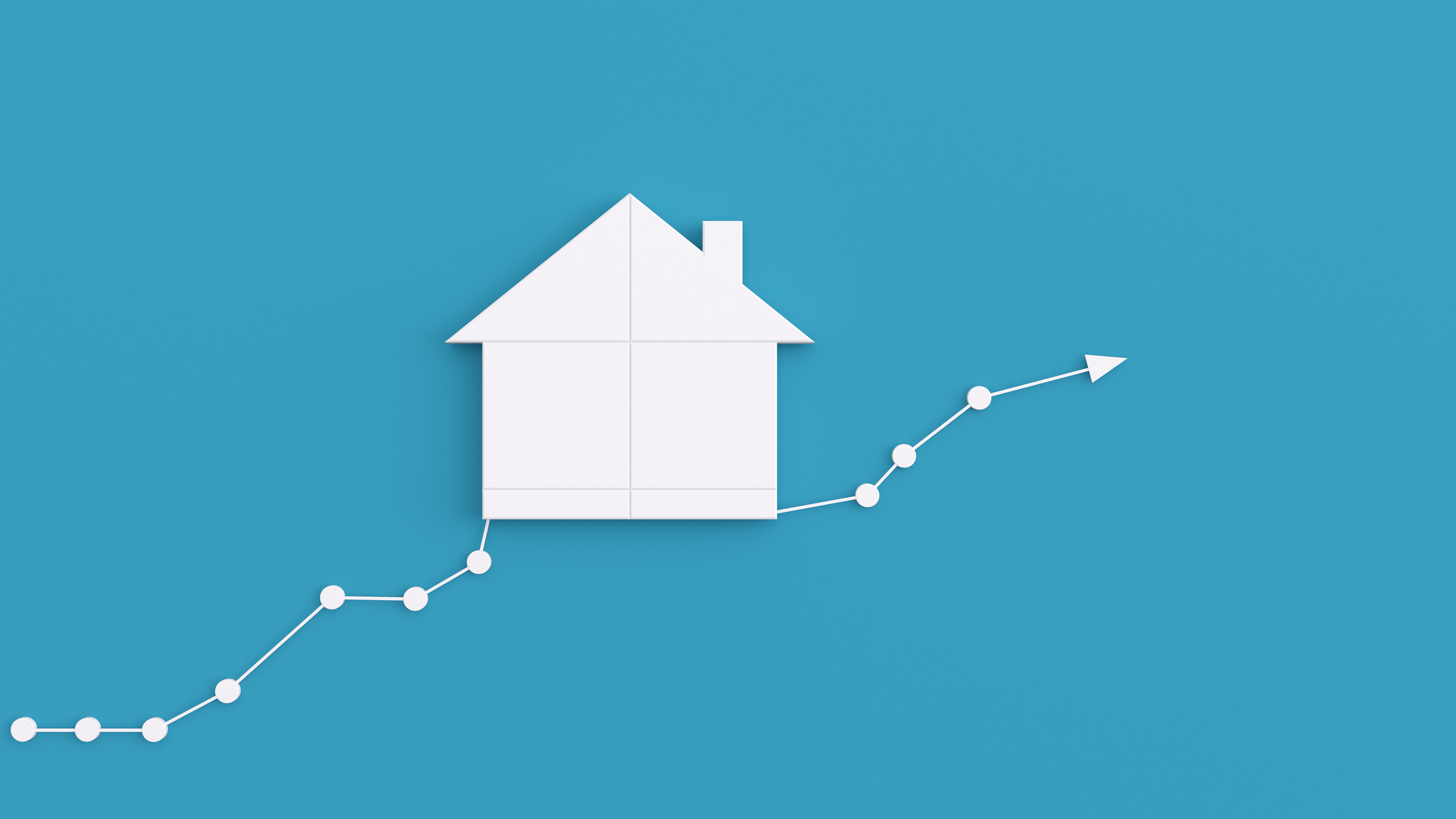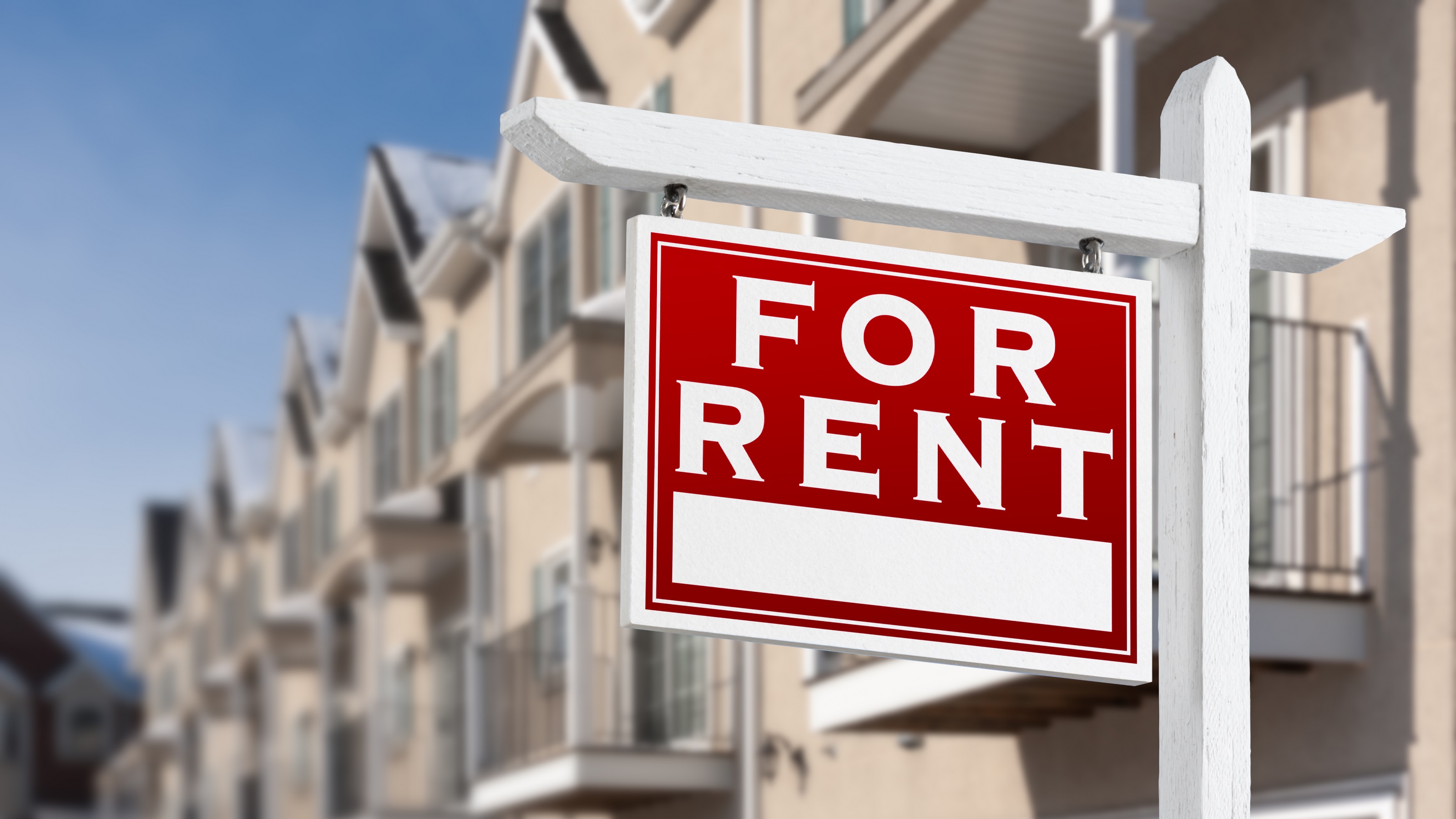Choosing a Buyer's Broker
Home sellers enlist the help of professionals to represent their interests, so why shouldn't home buyers do the same?
Profit and prosper with the best of Kiplinger's advice on investing, taxes, retirement, personal finance and much more. Delivered daily. Enter your email in the box and click Sign Me Up.
You are now subscribed
Your newsletter sign-up was successful
Want to add more newsletters?

Delivered daily
Kiplinger Today
Profit and prosper with the best of Kiplinger's advice on investing, taxes, retirement, personal finance and much more delivered daily. Smart money moves start here.

Sent five days a week
Kiplinger A Step Ahead
Get practical help to make better financial decisions in your everyday life, from spending to savings on top deals.

Delivered daily
Kiplinger Closing Bell
Get today's biggest financial and investing headlines delivered to your inbox every day the U.S. stock market is open.

Sent twice a week
Kiplinger Adviser Intel
Financial pros across the country share best practices and fresh tactics to preserve and grow your wealth.

Delivered weekly
Kiplinger Tax Tips
Trim your federal and state tax bills with practical tax-planning and tax-cutting strategies.

Sent twice a week
Kiplinger Retirement Tips
Your twice-a-week guide to planning and enjoying a financially secure and richly rewarding retirement

Sent bimonthly.
Kiplinger Adviser Angle
Insights for advisers, wealth managers and other financial professionals.

Sent twice a week
Kiplinger Investing Weekly
Your twice-a-week roundup of promising stocks, funds, companies and industries you should consider, ones you should avoid, and why.

Sent weekly for six weeks
Kiplinger Invest for Retirement
Your step-by-step six-part series on how to invest for retirement, from devising a successful strategy to exactly which investments to choose.
If you're a novice when it comes to home-buying, the last thing you want to do is walk into an open house by yourself and start blabbing how much you can afford to the agent who has listed the house. That agent owes his or her allegiance to the seller -- and only the seller. If you're negotiating with a pro, you ought to have a pro in your corner, too.
Nail down how the buyer's broker expects to be paid. Most are still paid out of the seller's commission, but would you owe a commission if you buy a home being sold without an agent, or if you find a home on your own? A good buyer's broker will show you for-sale-by-owner homes as well as broker-listed homes, but you could end up paying the 3% or so commission out of pocket, or agreeing to a higher price so you can roll the fee into your mortgage.
Some buyer's brokers may ask for a retainer (perhaps $500 up front), which may be returned to you when (or if) you buy. But the idea has understandably been slow to catch on with buyers.
From just $107.88 $24.99 for Kiplinger Personal Finance
Become a smarter, better informed investor. Subscribe from just $107.88 $24.99, plus get up to 4 Special Issues

Sign up for Kiplinger’s Free Newsletters
Profit and prosper with the best of expert advice on investing, taxes, retirement, personal finance and more - straight to your e-mail.
Profit and prosper with the best of expert advice - straight to your e-mail.
If you're also selling a house, consider using two agents. Most agents will assure you that they can sell your home at the same time they're helping you find a new one. It certainly is easier to communicate with only one person. (And you might have more luck negotiating a lower commission from an agent who's getting all your business.) But while a seller may be happy listing with the local superstar who sells 'em as fast as she can list 'em, that same agent might frustrate a picky buyer.
Two agents could be well worth the extra hassle if you sell fast with the agent who lists most of the houses in your old neighborhood, and then are led to gems that are well-known to your buyer's agent ten miles across town.
How to Pick an Agent
Check the classifieds or seek referrals for brokers and agents in the area where you want to buy.
Run the names by the local real estate board or state real estate commission and check for complaints.
Call two or three recommended brokerage firms. Talk to the managing brokers and tell them:
1. What kind of buyer you are (first-timer or experienced home owner).
2. The kind of house you're looking for.
3. The general price range you are working with.
4. Ask for the names of two agents she thinks could best meet your needs.
Interview the agents. Ask questions about:
1. Their firms, and other firms where they've worked.
2. How long have they been selling real estate?
3. What types of clients -- first-time buyers, working families, multimillionaires -- do they typically work with? What price ranges? Neighborhoods?
4. How many active clients are they currently working with (too many could mean they may not have time for you; too few could also be a warning sign)?
5. Ask yourself if you would enjoy working with this person. You may be spending a lot of time together. Do they listen and pay attention to your concerns?
Select one or two finalists. If you conducted phone interviews initially, arrange to meet each of them face to face in their offices. If you conducted interviews in person, have follow-up phone conversations. Be candid about the degree of service you're expecting and whether you'll be looking at houses with other agents.
Profit and prosper with the best of Kiplinger's advice on investing, taxes, retirement, personal finance and much more. Delivered daily. Enter your email in the box and click Sign Me Up.
-
 5 Vince Lombardi Quotes Retirees Should Live By
5 Vince Lombardi Quotes Retirees Should Live ByThe iconic football coach's philosophy can help retirees win at the game of life.
-
 The $200,000 Olympic 'Pension' is a Retirement Game-Changer for Team USA
The $200,000 Olympic 'Pension' is a Retirement Game-Changer for Team USAThe donation by financier Ross Stevens is meant to be a "retirement program" for Team USA Olympic and Paralympic athletes.
-
 10 Cheapest Places to Live in Colorado
10 Cheapest Places to Live in ColoradoProperty Tax Looking for a cozy cabin near the slopes? These Colorado counties combine reasonable house prices with the state's lowest property tax bills.
-
 Will Lower Mortgage Rates Bring Relief to the Housing Market?
Will Lower Mortgage Rates Bring Relief to the Housing Market?The Kiplinger Letter As mortgage rates slowly come down here's what to expect in the housing market over the next year or so.
-
 Commercial Real Estate Outlook 2024: The Kiplinger Letter
Commercial Real Estate Outlook 2024: The Kiplinger LetterThe Kiplinger Letter In 2024, expect hybrid and work-from-home trends, tighter budgets, rising rents and the demand for data centers to continue.
-
 Delinquent CRE Loans Are on the Rise: The Kiplinger Letter
Delinquent CRE Loans Are on the Rise: The Kiplinger LetterThe Kiplinger Letter Banks are expanding their efforts to restructure CRE loans to avoid losses from the commercial real estate sector.
-
 As Mortgage Rates Rise, Renting Is Now Cheaper Than Buying for Many: The Kiplinger Letter
As Mortgage Rates Rise, Renting Is Now Cheaper Than Buying for Many: The Kiplinger LetterThe Kiplinger Letter A jump in mortgage rates has caused housing affordability to slump and priced many first-time home buyers out of the market.
-
 Rental Market Will Slow Through 2023: The Kiplinger Letter
Rental Market Will Slow Through 2023: The Kiplinger LetterThe Kiplinger Letter Expected growth in the rental market is likely to remain slow for the rest of the year amid a slow housing market and cooling economy.
-
 How to Set the Price to Sell Your Home
How to Set the Price to Sell Your Homereal estate If you're selling your home, setting the right price is crucial. Don't overprice or you'll scare away prospective buyers.
-
 WFH Impact on Commercial Real Estate Market: Kiplinger Economic Forecasts
WFH Impact on Commercial Real Estate Market: Kiplinger Economic ForecastsEconomic Forecasts Commercial real estate continues to struggle. Office vacancies hit 18.9% in the second quarter of 2023.
-
 Greenland, U.S. Plans to Boost Tourist Economy: Kiplinger Economic Forecasts
Greenland, U.S. Plans to Boost Tourist Economy: Kiplinger Economic ForecastsEconomic Forecasts A U.S. congressional effort could see some Canadian visitors get longer stays, meanwhile, Greenland bids to be the next vacation hotspot.